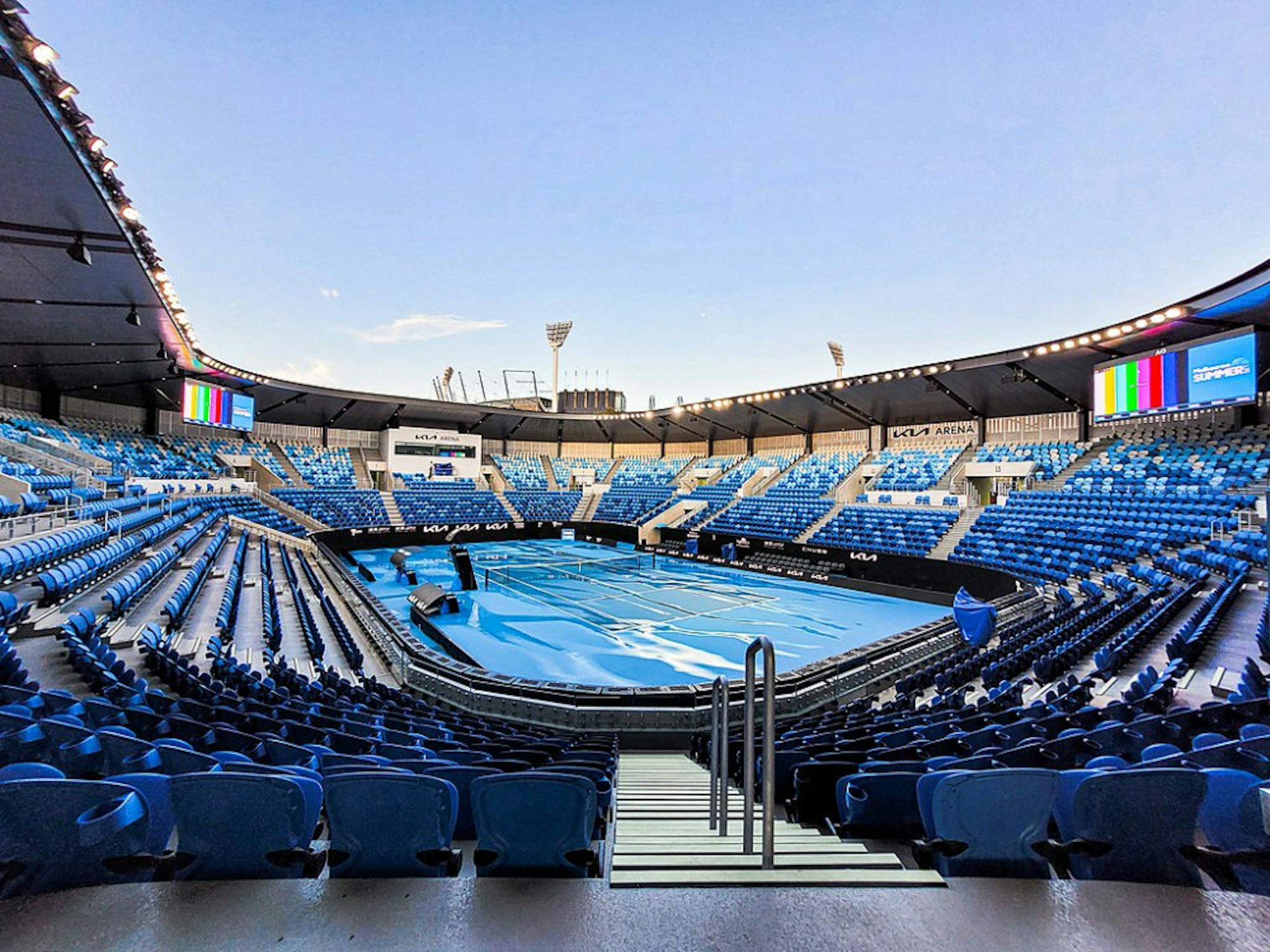The 2022 Winter Olympics in Beijing will provide the ultimate venue to protest the human rights abuses of the Chinese government. It’s a unique event that places international cooperation and friendly competition at the forefront of all our minds and could be a real chance for networks, athletes and politicos to show some backbone in the global struggle for human rights. The upcoming games will also be the ultimate spotlight on efforts to continue sports in the midst of an ever twisting pandemic, with the omicron variant breaking daily case records and many professional athletes still somehow not understanding their responsibility to get vaccinated despite many efforts from professional sports leagues, the media and governments to enforce COVID-19 protocols.
With athletes from around the world participating, the 2022 Australian Open was a prime opportunity for players and administrators to address public concerns about COVID-19 and other global issues that will likely emerge during the Olympics. Yet when the Australian Open stopped the protests inquiring about tennis star Peng Shuai, who disappeared for three months after alleging on social media that a retired Chinese vice premier sexually assaulted her in 2018, and after the world’s top-ranked tennis player Novak Djokovic failed to get vaccinated, leading to his deportation from the country, Tennis Australia showed it wasn’t ready for prime time.
The Australian Open authorities called the police on protesters wearing T-shirts emblazoned with the words “Where is Peng Shuai?,” highlighting concerns over the Women's Tennis Association's player’s safety and security after her disappearance and only limited appearances in state media since. Tennis Australia, the governing body responsible for organizing the Australian Open and other tournaments in the land down under, decided that a ban on all political messaging at the tournament was the best course of action, citing safety as their main concern.
Safety is not preserved by stamping out critics of a government that can and will kidnap a professional athlete, revise her words and silence her for standing up for their most basic human rights. The image of Tennis Australia is also hurt by underlying attempts to preserve the fragile trade relationship for China’s Guojiao 1573 liquor, a major sponsor of the Australian Open.
Tennis Australia’s response to Djokovic’s vaccination status was equally uninspiring as they originally gave Djokovic the green light to play because he contracted COVID-19 in December and was exempt from the tournament's vaccination requirement, making him the only unvaccinated player. The Australian Open’s position was subsequently nuked by Australian Immigration Minister Alex Hawke, who concluded that Djokovic was too much of a threat to public health and his government’s reputation to be allowed entry. A federal court backed him up.
Throughout the ordeal, Tennis Australia escaped major criticism due to the drama surrounding Djokovic, Hawke and the court appeals process. Violating their own policies by granting Djokovic permission to play in the first place is an insult to the responsibility sports organizations have to public health and safety. Australians in particular have suffered two years of lockdown to curb the spread of COVID-19. Yet to preserve tennis’ greatest champion’s chance to compete, they have accepted an exemption which they very well could have denied.
Human rights or a pandemic, it takes all of us. Tennis Australia may be mostly behind the scenes, but they’re going to need to show more spine in future instances of conflict.






